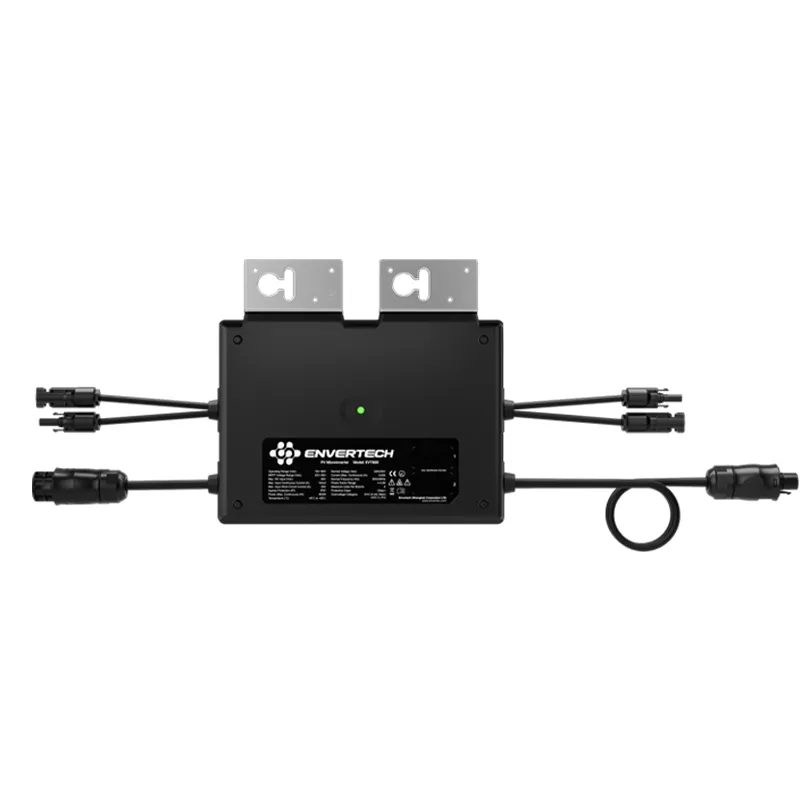Exploring the Efficiency of Bifacial Solar Panels for Enhanced Energy Production
The Efficiency of Double-Sided Solar Panels A Sustainable Innovation
Solar energy continues to be a cornerstone of the global shift towards renewable energy sources. Among the various technologies that harness sunlight, double-sided solar panels—or bifacial solar panels—are emerging as a significant advancement in photovoltaic (PV) technology. These unique panels leverage sunlight from both sides, enhancing their efficiency and making them an attractive solution for sustainable energy generation.
Understanding Bifacial Solar Panels
Bifacial solar panels consist of solar cells on both the front and rear sides. This design enables them to capture direct sunlight as well as reflected sunlight from the ground and surrounding surfaces. The efficiency of these panels can be significantly higher than that of traditional mono-facial panels, which only absorb sunlight from one side. By utilizing reflections—often called albedo, which varies based on ground conditions (like snow, sand, or water)—bifacial panels can generate additional electricity without requiring substantial changes to existing solar technology.
Increased Efficiency and Performance
One of the primary advantages of double-sided solar panels is their enhanced efficiency. Studies have shown that these panels can increase energy output by 10% to 30% compared to their traditional counterparts under optimal conditions. Factors influencing this gain include the type of surface installed beneath the panels, the tilt angle, and the overall environment where the panels are located.
For instance, panels installed over reflective surfaces such as white roofing, sand, or snow can capture significantly more light. This capability makes bifacial technology particularly appealing in diverse geographical areas. Furthermore, the increased efficiency may lead to a lower levelized cost of electricity (LCOE), making solar power more economically viable.
double sided solar panels efficiency

Environmental Benefits
The adoption of double-sided solar panels has broader environmental benefits beyond their efficiency. By generating more energy per square meter, bifacial panels require less space to produce the same amount of electricity as traditional panels. This factor is especially crucial in urban environments or regions where land availability is limited. Additionally, as their efficiency translates to lower material use on a per-watt basis, bifacial panels contribute to decreased resource consumption and waste.
Versatility and Applications
The versatility of bifacial solar panels extends to various applications, from large-scale solar farms to residential installations. They can be seamlessly integrated into existing solar frameworks or deployed in innovative configurations, such as vertical installations or building-integrated photovoltaics (BIPV). Their ability to harness reflected light makes them particularly suitable for locations with high albedo surfaces.
Future Prospects
As technology continues to evolve, the efficiency of double-sided solar panels is expected to improve further. Ongoing research focuses on optimizing cell materials and gaining better insights into their performance in varying environmental conditions. As a result, bifacial technology has the potential to become a leading option in the quest for more efficient solar energy solutions.
In conclusion, the deployment of double-sided solar panels represents a significant leap forward in harnessing solar energy. With their enhanced efficiency, environmental benefits, and versatility, bifacial solar panels not only align with the global push for sustainability but also promise to play a vital role in meeting the growing energy demands in a cleaner, more efficient manner. As we strive for a greener future, embracing innovative solutions like bifacial solar technology will be crucial in achieving energy independence and sustainability.
-
String Solar Inverter: The High-Efficiency Solution for Smart Solar EnergyNewsJul.14,2025
-
Revolutionizing Rooftop Energy with the Power of the Micro Solar InverterNewsJul.14,2025
-
Power Independence with Smart Off Grid Solar Inverter SolutionsNewsJul.14,2025
-
On Grid Solar Inverter: Powering the Future with Smart Grid IntegrationNewsJul.14,2025
-
Monocrystalline Solar Panels: High-Efficiency Power for the Future of Clean EnergyNewsJul.14,2025
-
Bifacial Solar Panel: A Smarter Investment for Next-Generation Energy SystemsNewsJul.14,2025







